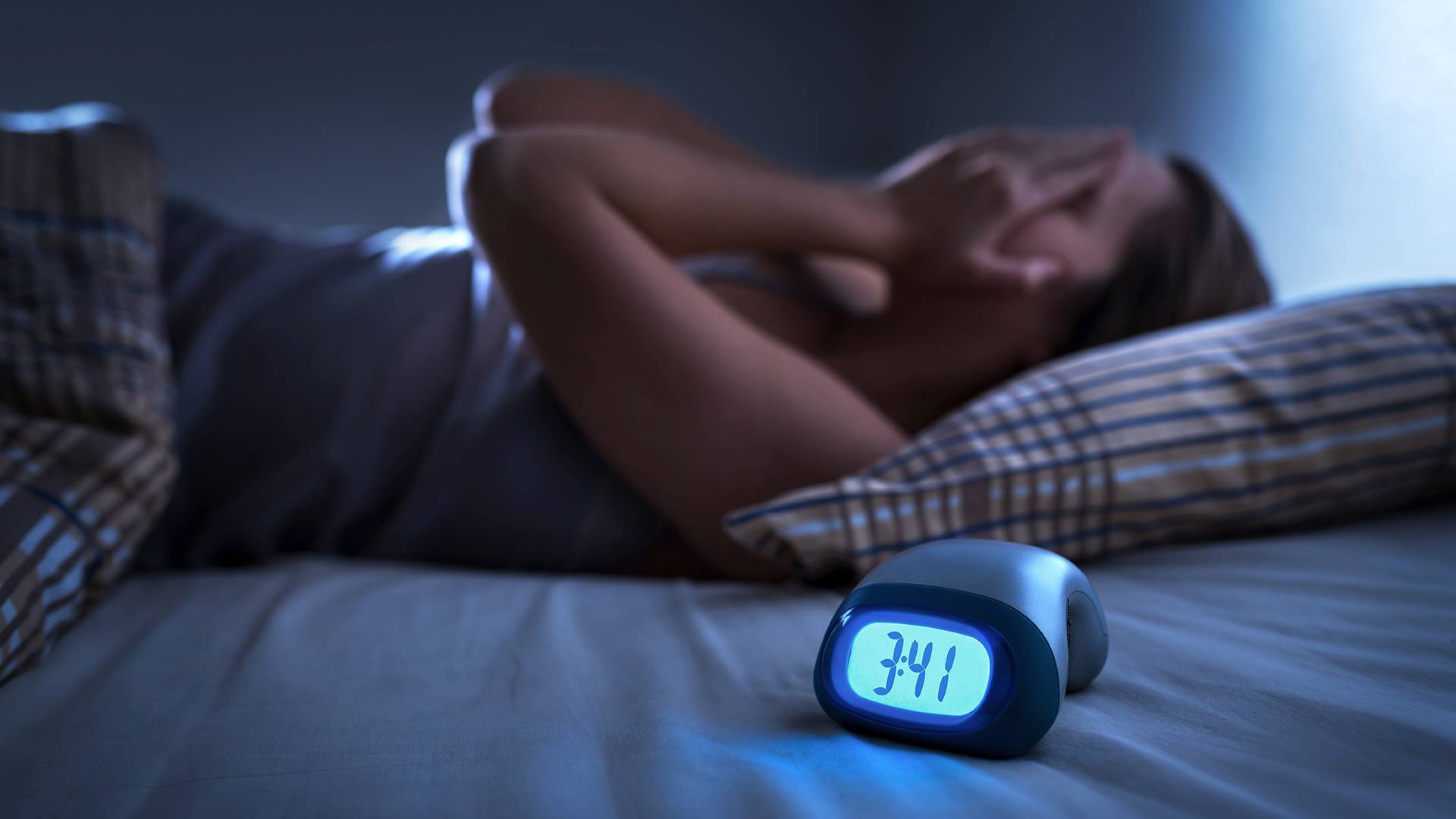- Future Students
- How to Apply
- Visit UHCL
- Admitted Students
- Tuition, Costs and Aid
- Degrees and Programs
- Contact Admissions
- Current Students
- Class Schedule
- Academic Calendar
- Advising
- Events
- Library
- Academic Resources and Support
- Student Services and Resources
- Alumni
- Lifetime Membership
- Alumni Events
- Update Your information
- Awards and Recognitions
- Give to UHCL
Tips on how to say 'good night' to pandemic insomnia
August 12, 2020 | UHCL Staff

When the fears of spreading the COVID-19 virus caused the nation to lock down, the resulting anxiety and disruption of routines sent the idea of getting a good night’s sleep out the window for many people. Chris Ward, professor of psychology at University of Houston-Clear Lake, says the loss of a structured daily schedule and increased anxiety due to the pandemic itself have interfered with the body’s Circadian rhythms, causing people to spend their nights staring at the ceiling instead of sleeping.
“We really depend on a routine schedule,” said Ward, whose area of research and expertise is sleep and sleep disorders. “When you get a regular 8-5 job, your body and your sleep schedule adapt to that. Just as babies thrive on a routine schedule, so do adults. When you remove that, and you don’t need to report anywhere at 8 a.m. every weekday anymore, that takes away a major social cue. The same with no longer getting up and getting kids ready for school.”
The body needs those cues, Ward said, in order to stay in rhythm. “If you add anxiety, worry and the increase in depression, along with the decrease in levels of social contact, it all contributes to poor sleep,” he said. “Being anxious or depressed is almost always going to cause problems with sleep.”
For those who work at home and don’t quite understand why they are feeling depressed, it’s possible that the culprit is the screen. “We are now on screens all the time,” Ward said. “We don’t go out to movies or restaurants. The screens on our devices have blue light, which also have an effect on our Circadian rhythms. If you’re on your device at night, looking at social media or watching movies on Netflix, it will negatively impact your ability to sleep.”
Staying inside, continued Ward, has made everyone more sedentary. “We aren’t walking up and down stairs in our buildings, we aren’t walking from the parking lot to our office anymore,” he said. “And that means we’re getting less sunlight. That’s the biggest gatekeeper of our Circadian rhythms. When you walk out in the sun, it resets your rhythms, but if you’re staying indoors, your body doesn’t reset and that causes sleep problems.
“It all adds up to a perfect storm,” he said. “All routines have been removed, the time cues the body relies on, overexposure to devices and general worry, stress and anxiety—put all together. And it’s going to have a bad impact on sleep.”
So, what’s to be done about this? Ward says returning to as consistent a schedule as possible will help. “Even if you don’t have to go in to work, set your alarm and get up at the same time anyway,” he said. “Try to maintain some routines. Even if you’re not getting the kids up in the morning anymore, try to maintain a morning and nighttime schedule to help you wake up and then wind down.”
A good wind-down routine might include a walk around the block, a hot shower, a cup of tea, or a few chapters from a good book. “The body knows these are cues to help it sleep,” he said. “We have lost school and work as our body’s gatekeepers, so we have to develop another routine. Get out and exercise. Morning sunlight is very important. Tend to your mental health, do your best to keep your social contacts, and seek assistance if you’re feeling very worried or depressed.”
A five-month hiatus from our regular routine is not the same as taking a weeklong vacation. “The loss of our daily norms has changed us in ways we don’t always recognize,” he said. “A return to as much consistency as possible will help the most.”
Learn more about UHCL's Psychology program online.






